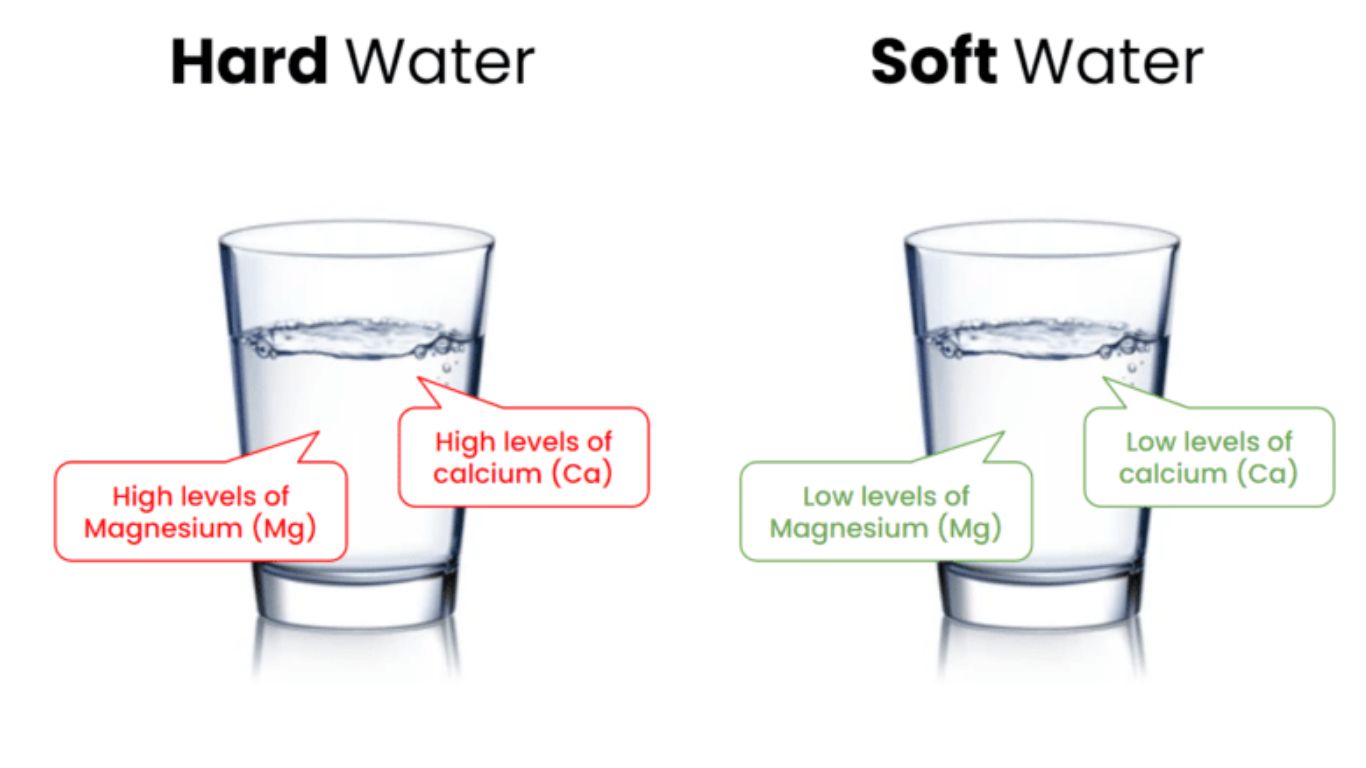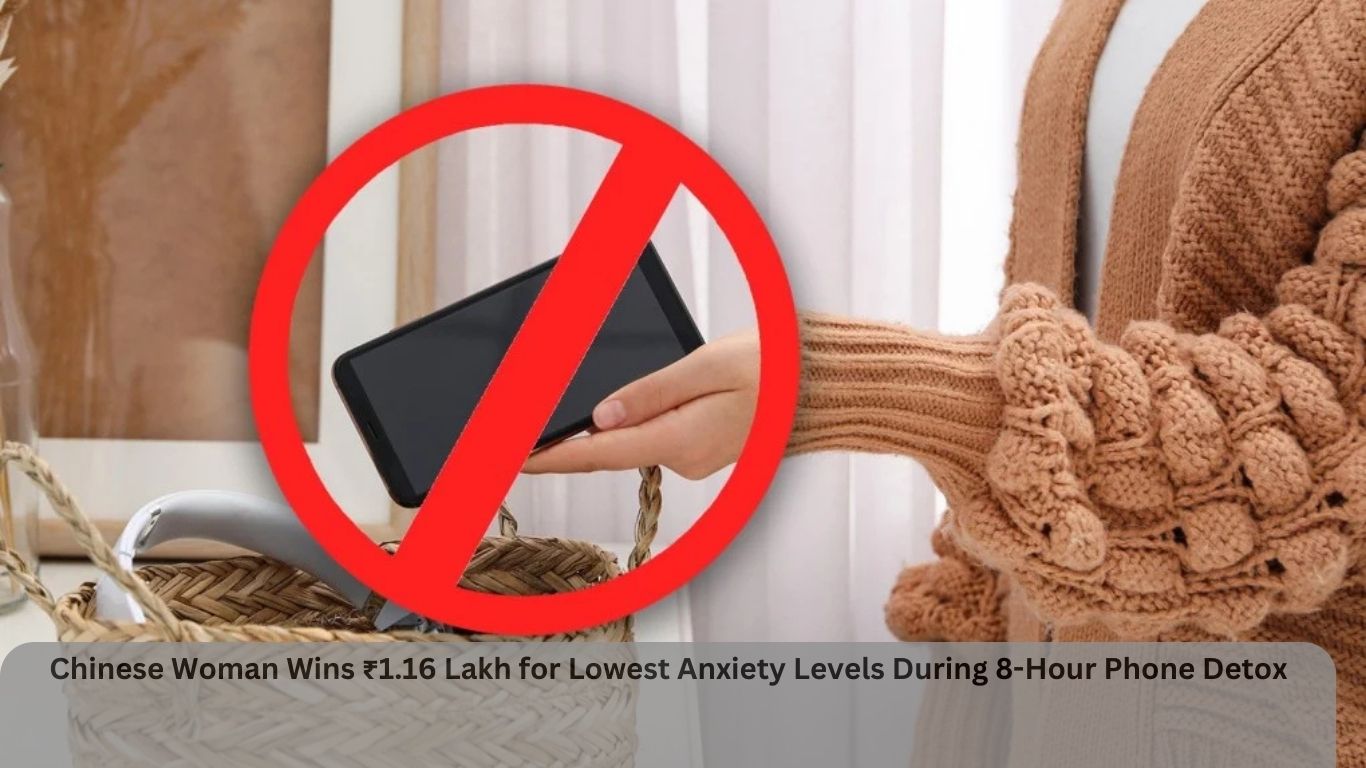In today’s hyper-connected world, technology permeates every aspect of our lives. From smartphones and laptops to social media platforms and streaming services, the digital realm is an ever-present companion. While these tools offer convenience and connectivity, they can also lead to overwhelming levels of distraction, anxiety, and a disconnection from the present moment. This has led to the growing trend of digital detox—an intentional step back from technology to reclaim time and enhance overall wellness.
What Is a Digital Detox?
A digital detox refers to a period during which an individual refrains from using digital devices, particularly smartphones, computers, and social media platforms. The primary goal is to reduce stress and improve mental clarity by minimizing the distractions inherent in constant connectivity. This detox can vary in duration, ranging from a few hours each day to a full week or longer.
The Need for a Digital Detox
1. Information Overload
In the age of information, we are bombarded with a staggering amount of data daily. News alerts, social media notifications, emails, and the endless scroll of content can be overwhelming. This constant influx can lead to cognitive fatigue, reducing our ability to focus and process information effectively.
2. Diminished Quality of Relationships
While technology is designed to connect us, it can also create barriers. The presence of smartphones at social gatherings often detracts from meaningful conversations. When we are preoccupied with our devices, we miss the nuances of human interaction, weakening our social bonds.
3. The Fear of Missing Out (FOMO)
Social media often perpetuates feelings of inadequacy and FOMO, leading us to constantly compare ourselves to others. This can create a cycle of anxiety and low self-esteem, as we feel pressured to keep up with the curated lives of others.
4. Disrupted Sleep Patterns
The blue light emitted by screens interferes with melatonin production, which can disrupt our sleep cycles. A poor night’s sleep contributes to a host of health issues, including increased stress levels, weakened immune response, and impaired cognitive function.
Benefits of Digital Detox
1. Enhanced Mental Clarity
By stepping away from the chaos of digital noise, individuals can clear their minds, leading to improved focus and creativity. The brain, free from distraction, can engage in deeper thinking and problem-solving.
2. Improved Relationships
Taking a break from screens allows for quality time with loved ones, fostering deeper connections. When you are present and engaged, relationships flourish, leading to increased happiness and fulfillment.
3. Increased Productivity
Without the constant barrage of notifications and distractions, many people find they can accomplish tasks more efficiently. A digital detox can ignite productivity, allowing individuals to engage fully with their work or personal projects.
4. Better Sleep
With technology out of the picture, many experience improved sleep quality. The reduction of screen time, especially before bed, allows for a natural winding down, promoting restful sleep and enhanced overall health.
5. Rediscovering Offline Passions
Digital detox encourages individuals to engage in offline activities they may have set aside. Without the lure of screens, one can reconnect with hobbies like reading, painting, hiking, or cooking, which can be both fulfilling and revitalizing.
How to Implement a Digital Detox
1. Set Clear Boundaries
Determine the scope of your detox. Will you unplug for a specific period each day? Or perhaps designate certain days of the week as tech-free? Whatever you choose, clarity is key.
2. Find Support
Share your intentions with friends or family. They can help hold you accountable and may even want to join you in your detox journey.
3. Fill Your Time Wisely
Have a plan for what to do during your detox. This might include reading a book, journaling, exercising, or simply enjoying nature. The goal is to replace digital time with rewarding activities that nurture your well-being.
4. Limit Triggers
Identify what draws you back to your devices. This might include specific apps, notifications, or habitual behaviors. Take proactive steps to limit these triggers to help stay committed to your detox.
5. Start Small
If the idea of a full digital detox seems daunting, start with small increments. Gradually increase your screen-free time as you adjust to the absence of technology.
Conclusion
In a world dominated by screens, a digital detox can be a powerful means of reclaiming your time and enhancing your overall wellness. By consciously stepping back from technology, you can enhance your focus, improve your relationships, achieve better sleep, and rediscover the joys of life beyond the digital landscape. Embrace the challenge, and experience the profound benefits that await you in the offline world. Reclaim your time for ultimate wellness —it’s worth it.















